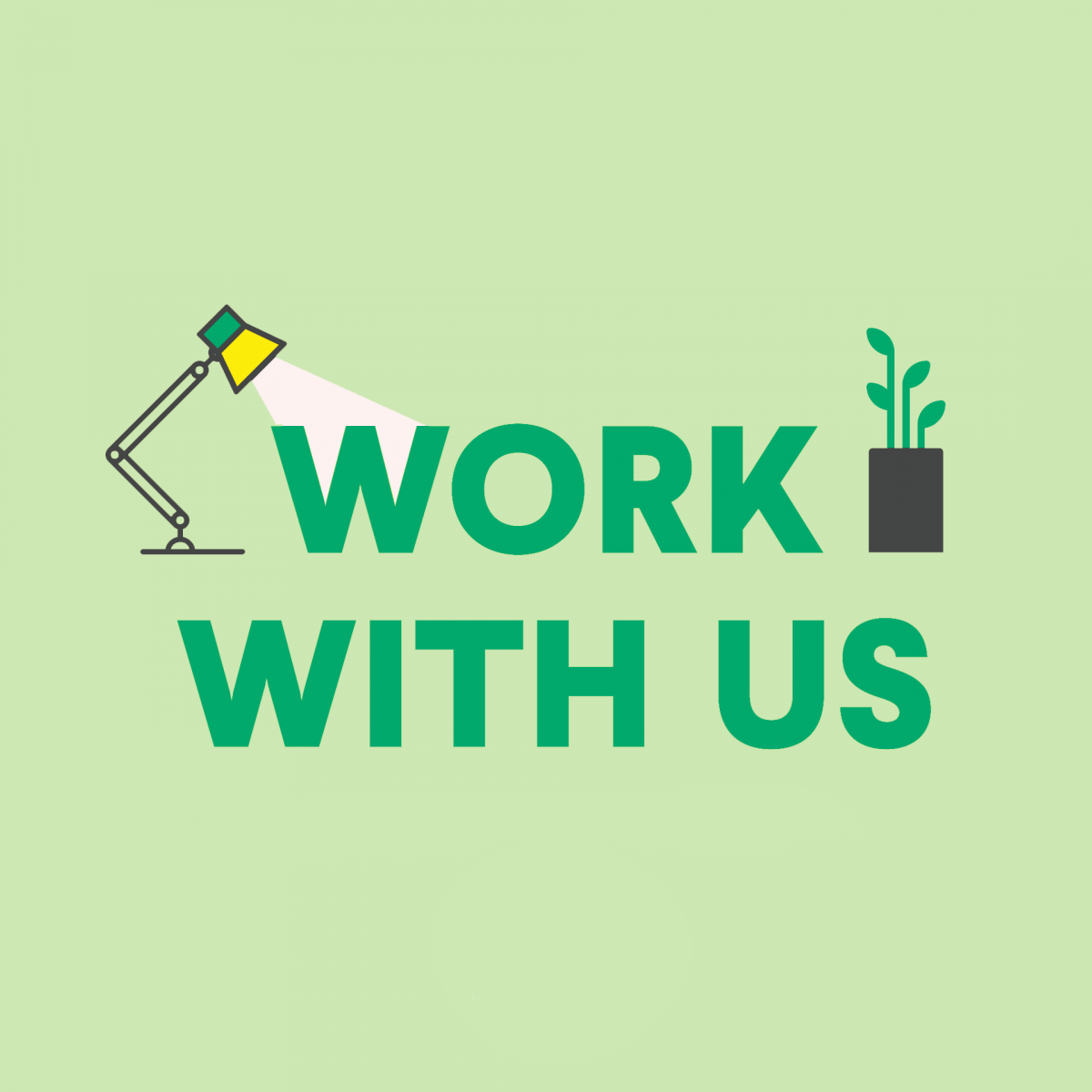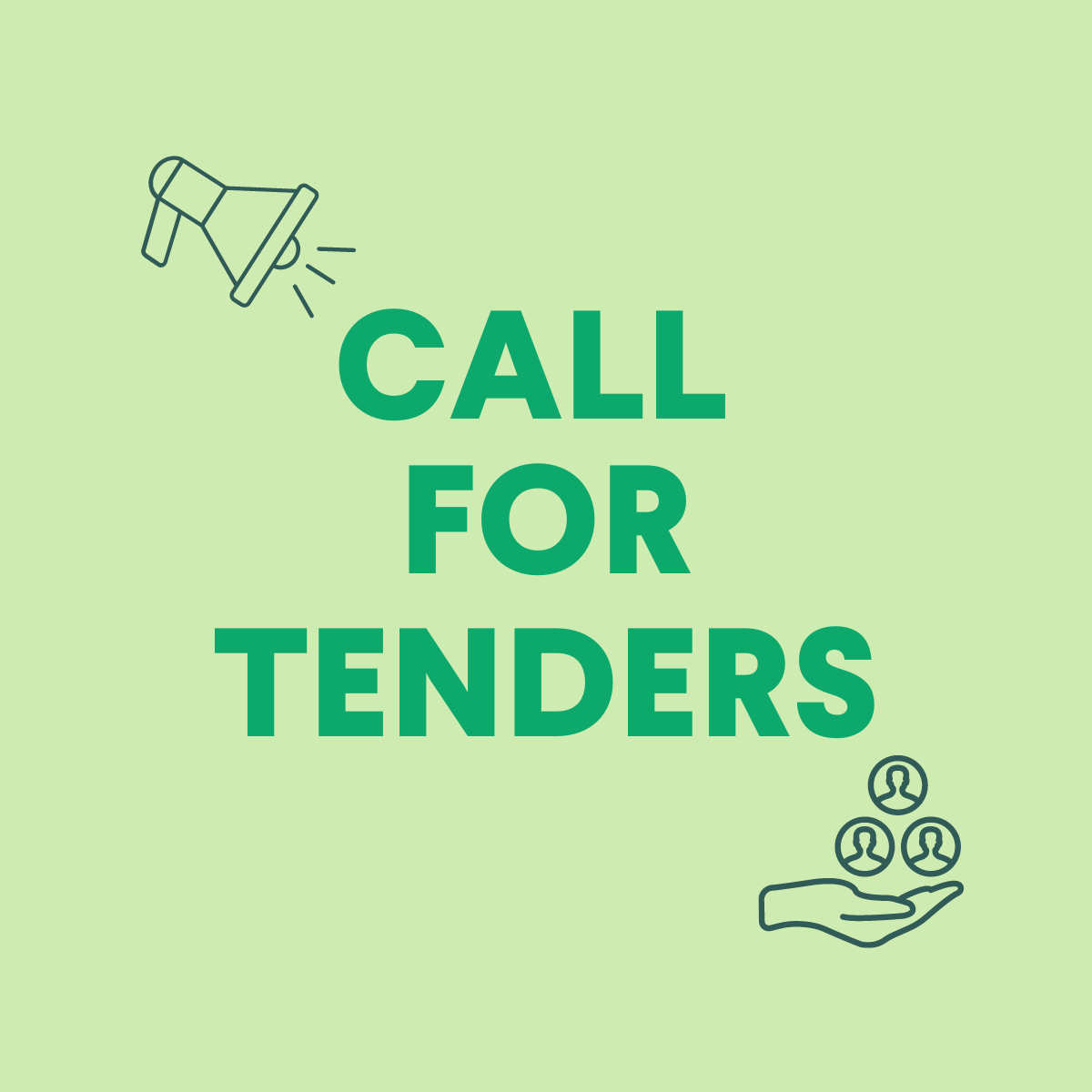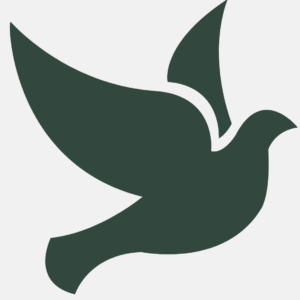 ◉ Hope Amidst Hardship: Pathways to Peace in Times of Crisis (EN & PL)
◉ Hope Amidst Hardship: Pathways to Peace in Times of Crisis (EN & PL)
The current geopolitical context has engendered unprecedented political and humanitarian catastrophes. The question of peace and how to build it can often seem like a distant reality in the face of immediate threats and dangers which drive hard security narratives. Yet this remains a vital question in unlocking long-term solutions and building sustainable and inclusive post-conflict societies.
This session will be a dynamic exploration of how we can harness the knowledge and experiences of peacebuilders to revitalise social dialogue and imagination towards shared meaning, and in the process build the foundations for long-term peace. Drawing from rich case studies and insights from peacebuilding experts and practitioners across Europe, we will explore together how we can make the green agenda meaningful to those in conflict and post-conflict regions. The work of peacebuilders in restoring broken relationships is a testimony to how we can keep the flame of hope alive in the most challenging of circumstances.
Speakers
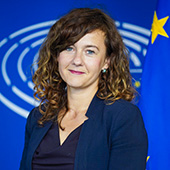
Joanna Kaminska – Committee on Foreign Affairs in the European Parliament
Joanna Kaminska works currently as an advisor in mediation and dialogue facilitation in the mediation team of the European Parliament. Her major area of work in Ukraine and the support for the Verkhovna Rada of Ukraine. Between 2019 and 2022 she was a Foreign and Security advisor to the President of the European Parliament David Maria Sassoli on foreign affairs, in particular on Ukraine, Belarus, Moldova, Georgia, Russia, Nordic, Arctic and Baltic strategies, as well as on security and defense. Prior to advising the President, she was a Foreign Policy Advisor at the Committee on Foreign Affairs in the European Parliament, where she advised the Members of the European Parliament on the Common Foreign and Security Policy of the EU, energy security and the European Neighbourhood Policy, in particular EU relations with the Eastern Neighbours.
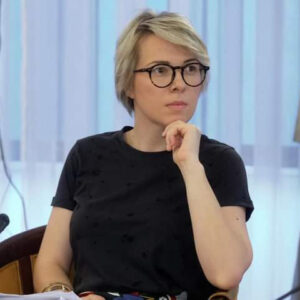 Branka Vierda, Programme Director – Youth Initiative for Human Rights
Branka Vierda, Programme Director – Youth Initiative for Human Rights
Branka Vierda holds a master’s degree in law and works as a Program Director in the Youth Initiative for Human Rights – Croatia, a non-governmental organization and a recipient of several international human rights awards, among them also the Council of Europe’s Václav Havel Award. She started working at YIHR in 2017, first as a coordinator in the Justice Program then as a coordinator in the Justice and Reconciliation Program. She has worked and trained in human rights for more than ten years and has extensive and varied experience in the field ranging from activism to social and institutional advocacy and education. More narrowly, her areas of interest are research, advocacy and youth training in the field of transitional justice with a special emphasis on politics of memory. She organized and gave talks at numerous programs, panels, conferences and workshops on the topics of politics and culture of memory and dealing with the past, with a focus on reconciliation in the Western Balkans and the legacy of the 1990s wars. She also graduated from the Center for Women Studies educational programme in Zagreb and completed with distinction the Raphael Lemkin Seminar for Genocide Prevention organized by the Auschwitz Institute for Prevention of Genocide and Mass Atrocities. In 2023 she was awarded the Post-Conflict Research Center’s Ordinary Hero Recognition for active and courageous work in promoting the values of justice, peace, and reconciliation.
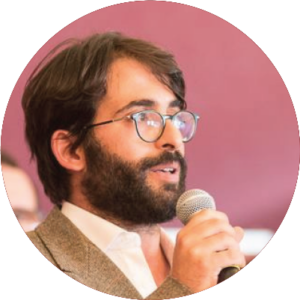 Noam Pupko – Project Manager
Noam Pupko – Project Manager
After completing my Social Work degree in Israel, I went on to pursue a Master’s in Mediation and Reconciliation in Rome. I am an ex-student of Rondine’s World House program and I’ve been collaborating with Rondine since 2015 in managing and designing educational programs that focus on conflict management and peace education.
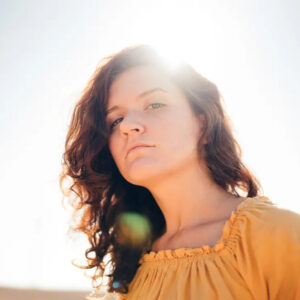 Palina Burko – Belarusian Environmental Activist
Palina Burko – Belarusian Environmental Activist
Palina Burko is a Belarusian environmental activist. She is a member of the Belarusian Young Greens and manager of the “Green Phone” project in the Belarusian NGO “Ecohome”. Researches environmental activism in contemporary art. Due to political prosecution in her homeland, Palina was forced to leave for Latvia, where she received asylum.
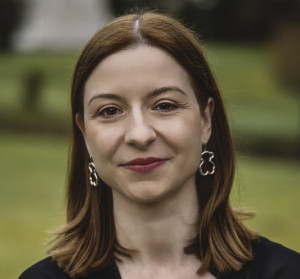 Moderator: Weronika Czyżewska – International Centre for Dialogue – Borderland Foundation
Moderator: Weronika Czyżewska – International Centre for Dialogue – Borderland Foundation
Weronika Czyżewska-Poncyljusz is a member of the Borderland Foundation team. She coordinates the International Centre for Dialogue in Krasnogruda’s programme of innovative art-based educational projects and socially engaged cultural practices. She trains leaders in these community-based activities and promotes good practice. Her research focuses on social engagement through art, education in the area of multiculturalism and peace-building.


